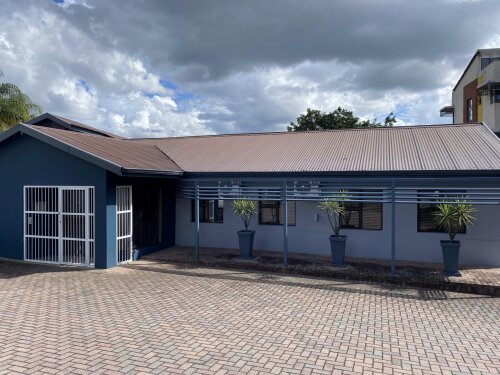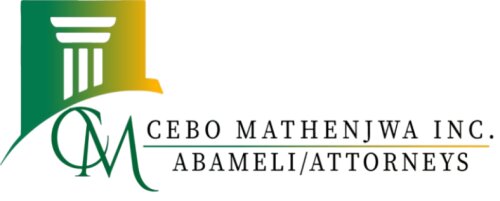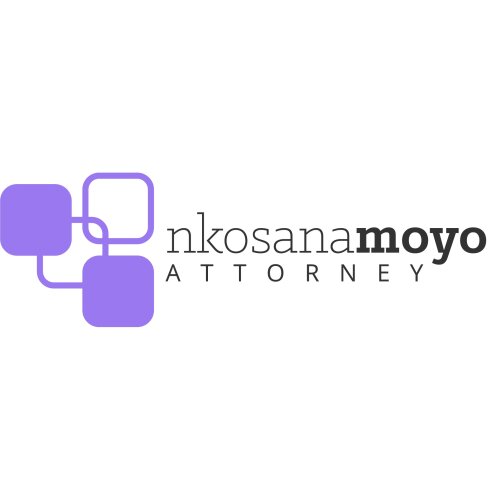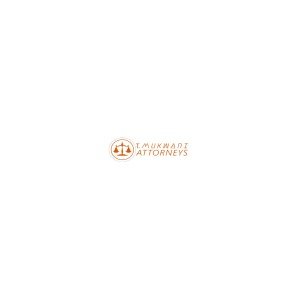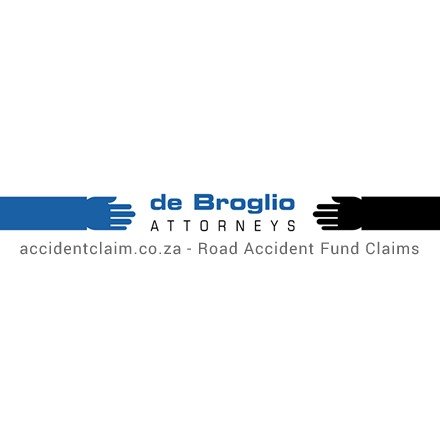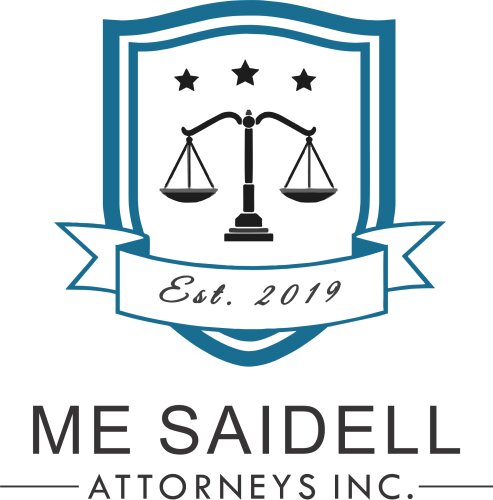Best Workers Compensation Lawyers in Johannesburg
Share your needs with us, get contacted by law firms.
Free. Takes 2 min.
List of the best lawyers in Johannesburg, South Africa
About Workers Compensation Law in Johannesburg, South Africa
Workers compensation in Johannesburg, South Africa, is governed by a set of laws aimed at protecting employees who suffer injuries or diseases as a result of their work. The primary legislation is the Compensation for Occupational Injuries and Diseases Act (COIDA), which requires employers to provide compensation to workers for injuries, diseases, or death sustained in the course of their employment. This law ensures that employees receive timely and fair compensation for workplace-related incidents, alleviating the financial burden that may arise due to medical expenses and loss of earnings.
Why You May Need a Lawyer
While the workers compensation system is designed to be accessible to employees, there are several situations where one might benefit from legal assistance. These include:
- Complex Claims: If your injury or disease claim is complicated, such as involving long-term disability or occupational diseases, a lawyer can help navigate the complexities.
- Claim Denial: If your compensation claim is denied by the Compensation Commissioner, an attorney can assist in appealing the decision.
- Dispute with Employer: If there's a dispute regarding the circumstances of your injury or your eligibility for compensation, legal help may be necessary.
- Negotiation of Settlements: Lawyers can help negotiate fair settlements, ensuring that your rights and interests are protected.
- Understanding Rights: Legal counsel can provide clarity about your rights under COIDA and other relevant legislation.
Local Laws Overview
Several key aspects of the local laws are particularly relevant to workers compensation in Johannesburg:
- Mandatory Coverage: Most employers are required to register with the Compensation Fund and pay annual assessments, providing a financial pool for claims.
- No-Fault System: Workers compensation operates on a no-fault basis, meaning employees do not need to prove employer negligence to receive compensation.
- Claim Filing: Claims should be filed within 12 months of the incident or diagnosis of the occupational disease. Employees must notify their employer as soon as possible after the injury occurs.
- Types of Compensation: Compensation may cover medical costs, temporary total disablement, permanent disablement, and death benefits.
- Dispute Resolution: Disputes related to compensation claims can be taken to the Compensation Commissioner, and further appeals can be made to the Compensation Court.
Frequently Asked Questions
What is workers compensation?
Workers compensation is a form of insurance providing wage replacement and medical benefits to employees injured in the course of employment.
Who is eligible for workers compensation in Johannesburg?
All employees, including casual workers, in Johannesburg are eligible for workers compensation under COIDA, except those who are exempt or rare specific categories.
What should I do if I am injured at work?
Inform your employer immediately, seek medical treatment, and ensure your employer reports the incident to the Compensation Commissioner.
How long do I have to file a compensation claim?
The claim must be filed within 12 months of the workplace injury or diagnosis of the occupational disease.
Can I claim compensation if the injury was my fault?
Yes, the system is no-fault, meaning compensation is not dependent on proving employer negligence or fault.
What types of compensation am I entitled to?
You may be entitled to medical expenses, temporary disability benefits, permanent disability benefits, or death benefits.
What happens if my employer does not report the injury?
If your employer fails to report the injury, you can directly contact the Compensation Commissioner to lodge your claim.
Can I receive compensation if I am a self-employed worker?
No, COIDA does not cover self-employed individuals as it is designed for employer-employee relationships.
How is the compensation amount determined?
The amount is typically based on your earnings and the severity of your disability or injury.
Can I appeal a denied compensation claim?
Yes, you can appeal a denied claim through the Compensation Commissioner's office, and further through the Compensation Court if necessary.
Additional Resources
For more information and assistance, you can contact the following resources:
- South African Department of Labour: Provides detailed guides and support related to COIDA.
- Compensation Fund Office: Responsible for managing the compensation claims and inquiries.
- Legal Aid South Africa: Offers legal assistance for those who cannot afford private attorneys.
- Trade Unions: Provide advocacy and support for workers in relation to workplace rights and claims.
Next Steps
If you find yourself in need of legal assistance for a workers compensation claim, consider taking the following steps:
- Gather all Relevant Information: Collect all relevant documents, including medical reports, incident reports, and correspondence related to your claim.
- Consult a Specialist Lawyer: Seek legal advice from a lawyer specializing in labor law or workers compensation cases to understand your options.
- File Your Claim: Ensure your claim is duly filed within the stipulated time frame, with all required documentation to avoid delays.
- Monitor Your Claim: Keep track of the progress of your claim with the Compensation Fund, and be proactive in following up on any updates or decisions.
- Appeal if Necessary: If your claim is denied, consult your lawyer to file an appeal and prepare for any subsequent hearings.
Lawzana helps you find the best lawyers and law firms in Johannesburg through a curated and pre-screened list of qualified legal professionals. Our platform offers rankings and detailed profiles of attorneys and law firms, allowing you to compare based on practice areas, including Workers Compensation, experience, and client feedback.
Each profile includes a description of the firm's areas of practice, client reviews, team members and partners, year of establishment, spoken languages, office locations, contact information, social media presence, and any published articles or resources. Most firms on our platform speak English and are experienced in both local and international legal matters.
Get a quote from top-rated law firms in Johannesburg, South Africa — quickly, securely, and without unnecessary hassle.
Disclaimer:
The information provided on this page is for general informational purposes only and does not constitute legal advice. While we strive to ensure the accuracy and relevance of the content, legal information may change over time, and interpretations of the law can vary. You should always consult with a qualified legal professional for advice specific to your situation.
We disclaim all liability for actions taken or not taken based on the content of this page. If you believe any information is incorrect or outdated, please contact us, and we will review and update it where appropriate.



